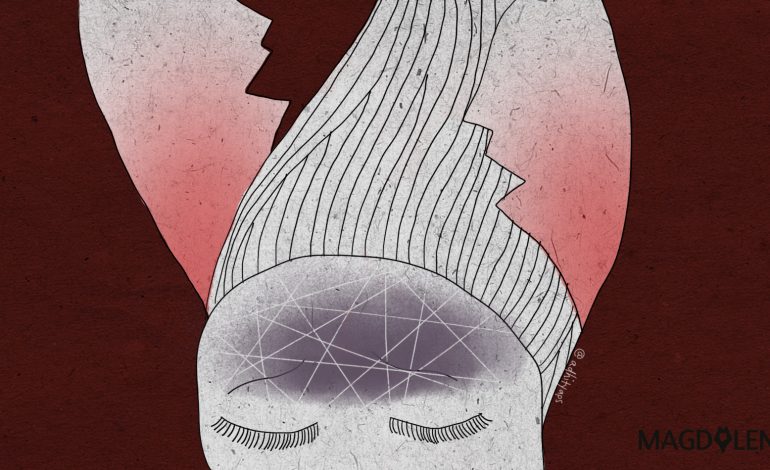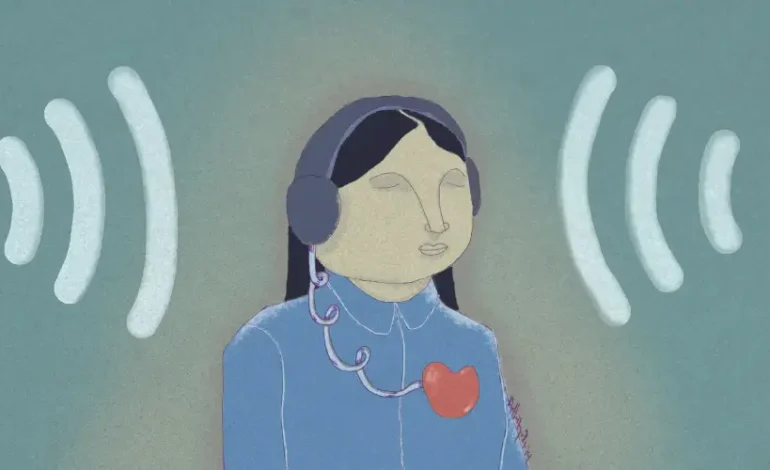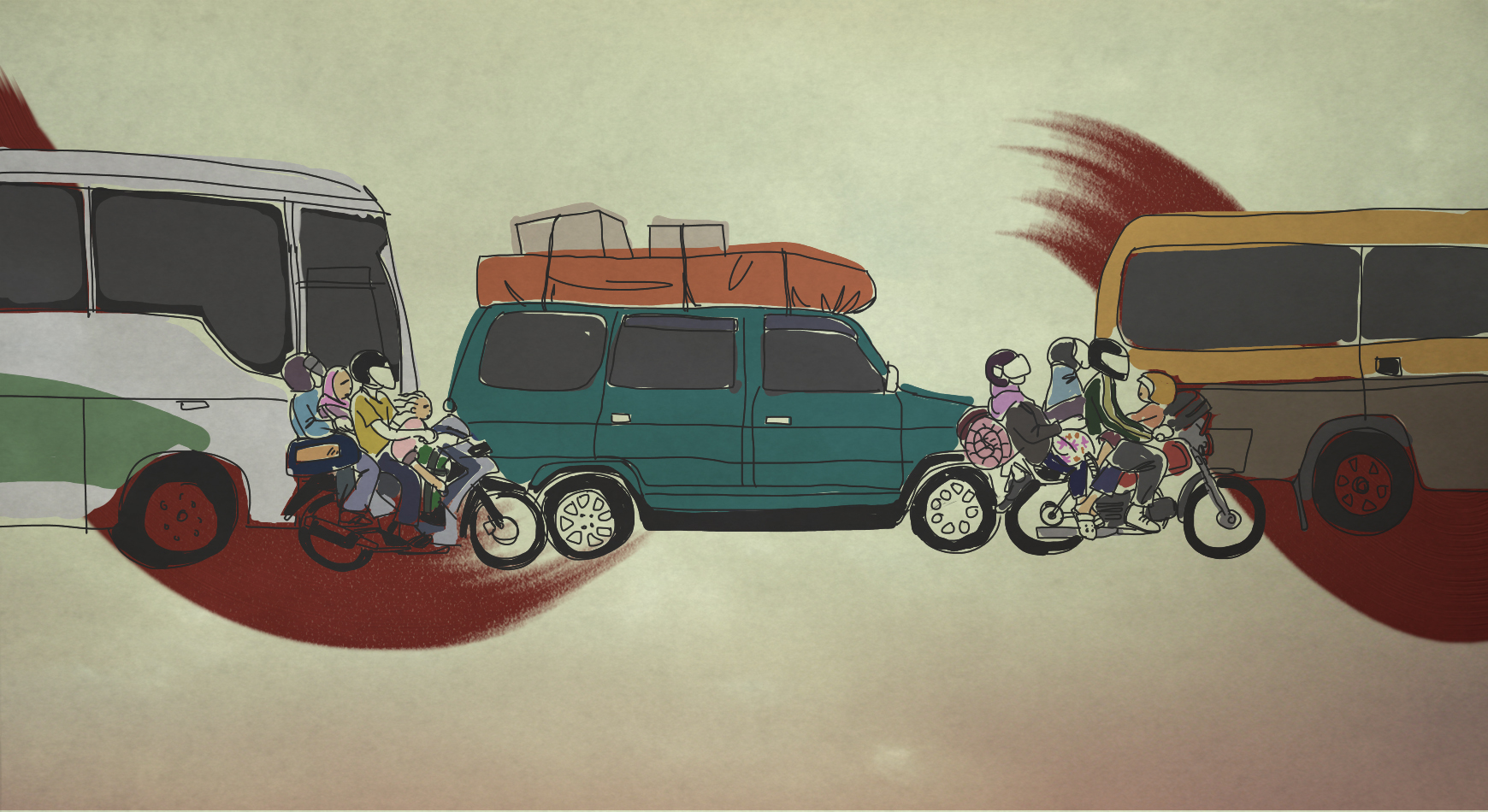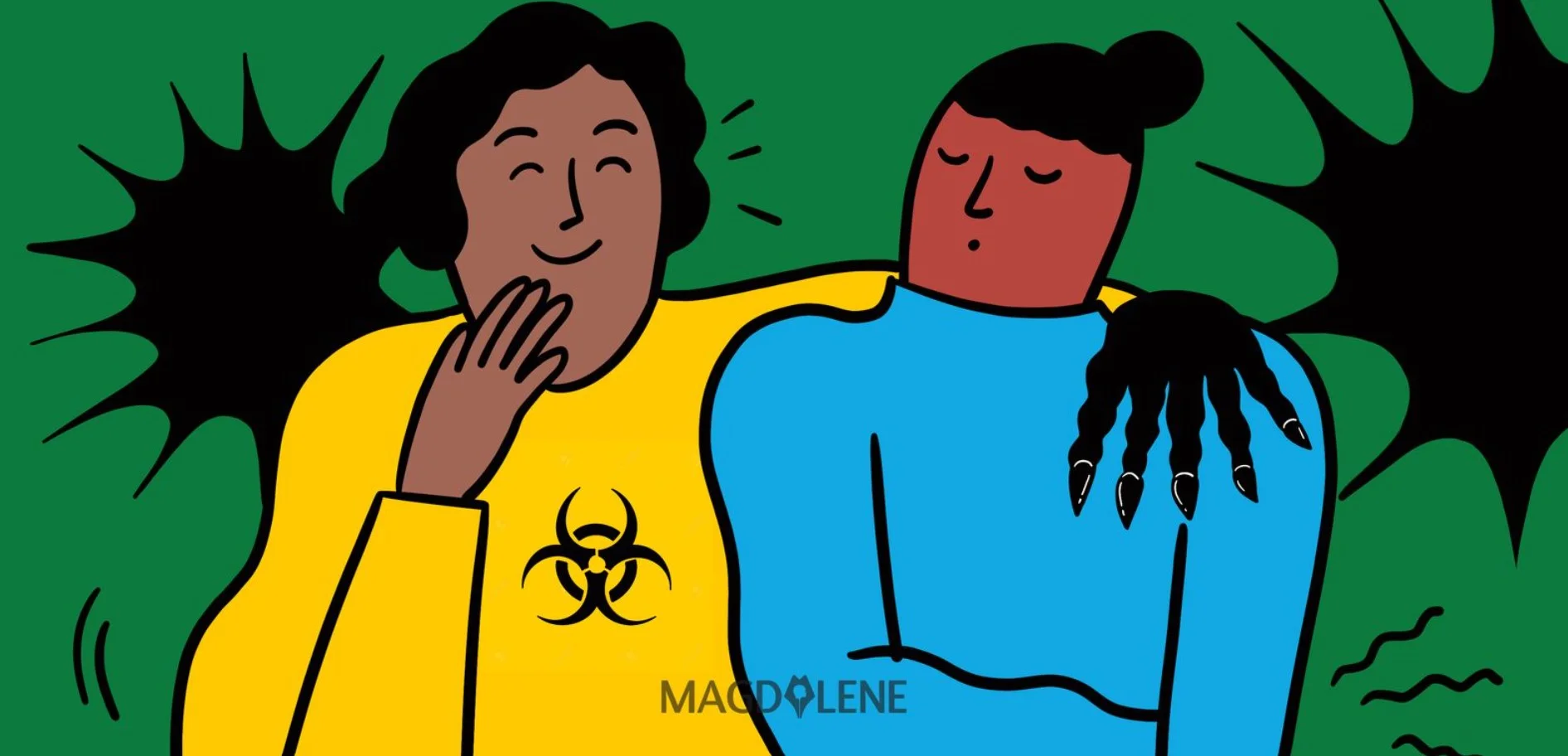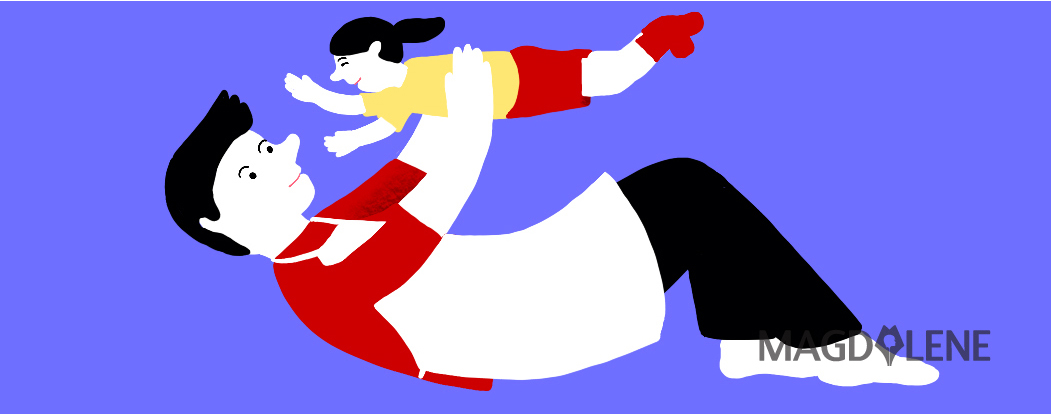The Depression Trap and How to Break It
For some depressive people, the illness can be a form of 'comfort zone'. Here's how to get out of it.
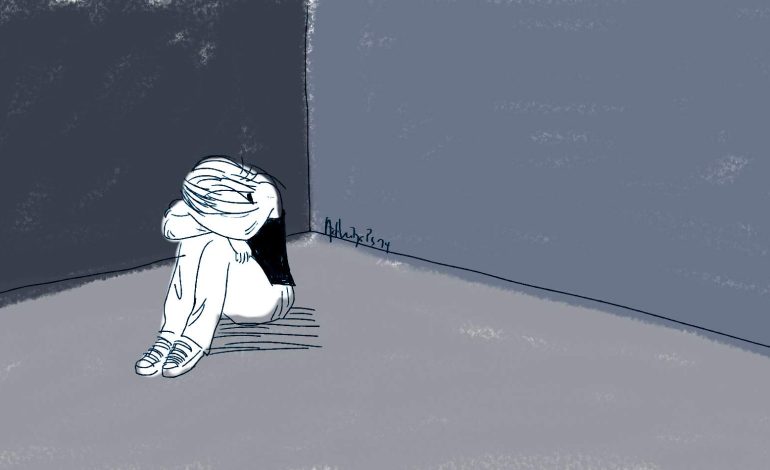
Last year I was diagnosed as having complex trauma comorbid with depression. My depression comes and goes for several months. Any little thing can remind me of the trauma and trigger a depression episode. This occurs so frequently that some of my friends who know about it have told me that I have turned depression into a comfort zone.
I did not reject that claim. It’s true that I make excuses and I am afraid to take any necessary steps to deal with the triggers and the trauma. So, yeah, perhaps my friends were right.
The thing about comfort zone is it is comforting and easy. There is no added stress to the current condition. The risks have all been calculated or predicted and you already know what you will get. Everything is certain. For a depressed person, predicted risks are very important. Predicted risks give information on how much stress we will get when things go wrong. By knowing that, we can anticipate the consequences that comes up later – depression. Having dealt with depression for years makes one aware of what will happen if it comes.
Unpredicted risks, on the other hand, are a nightmare to us. Not knowing what will happen in the future causes huge anxiety and negativity. Why? Because we want happiness so bad; we are too afraid it won’t come as we have expected.
Depressed people are like any other people. We want happiness too, but, unlike non-depressed people, we want happiness so bad, we get too afraid to do something or to take steps towards the achievement of happiness. We are afraid everything will be ruined or happiness will vanish before it even comes. So we stay in the “comfort zone”, where everything is certain. Although everything in it can potentially trigger the depression, at least it’s predictable.
For us, it is okay to be unhappy as long as we stay in that “comfort zone.” We have become used to unhappiness our whole life anyway. At least we know what will happen, how bad it will be, what to expect, and how to behave. The world is wild and scary out there. No one is going to help us. We will be alone. What happen if we fail? Who is going to help us? Each time we attempt to step outside foot of the comfort zone, these thoughts pop up and linger. The doubt eats us up until we go return the zone. . It is exhausting both mentally and physically. For some of us, it seems there’s no way out.
This reminds me of the “Poverty Trap”, an economic concept that explains why poor people will always stay poor due to some factors regardless of how hard they struggle to escape poverty. Like the poverty trap, the “depression trap” is difficult to break without eliminating all the factors contributing to it.
The first factor is brain biology. A chapter in Neuropsychology book stated there is a difference in brain physiology between a depressed person and a normal one. There are differences in how the brain works in depressed people. That is why sometimes psychotherapy is not enough, one needs additional antidepressant that regulates the imbalances of the hormones to achieve a successful therapy.
The differences in brain biology also results in our perception of a situation or the world generally. Depressed people tend to be pessimistic and have a negative view about life. It is not because we are naturally negative, but our brain leads us to think that there is no way out, that everything will be ruined, people will leave, or things will go wrong. The depressive people’s brain also tags more negative experiences in the memory bank compared to the brain of normal people. If a normal person remembers about a happy lunch with the big family, a depressed person will remember an aunt who asked her why she received C for Mathematic.
The second factor is professional help. If a depressed person never reaches out for a professional help, she or he will likely stay in the trap. Professional therapists help us see the problem clearly. They will assist us to admit that we have a problem (or tons of problems). Only after admitting that we have a problem that a therapy can be designed and prescribed to us. Without the right help from a trained professional therapist, we may never realize the depression that have sucked years and years of our life. And if we don’t realize and admit it, we will never get help. Hence the depression trap.
The third factor is a reliable support system. Ask any psychologist or psychiatrist you meet, they will tell you, one of the keys to fighting mental illness is having a reliable support system. Reliable support system can come in the forms of friends, family, or spouse. Those people know and do not judge you for your condition. You can rely on them when the depression wave hits you. They do not bombard you with unsolicited advices, but they will accompany you with their presence and shower you with positivity and love. Positive energy from the support system will help you see things differently when your brain leads you to think negatively most of the time.
A lack of reliable support system will force you to depend on yourself, leading to a vicious circle. You will run the problem you’re having over and over in your head until you become certain there is no way out. Without reliable support system, it is very unlikely for someone to be able to break the depression trap.
The fourth factor is a stressful environment. How can you have an ease of mind if you are in an environment that always triggers depression? How can you remain composed if your trauma is often triggered at workplace? A socially healthy environment will help you keep the stress level minimal. Even when problems come, you know you can work it out with those who are involved, that you will be helped, that someone has your back. A depressed person who stays in a stressful environment will face difficulties breaking the trap.
The last factor is our willingness and determination to break the trap itself. This factor is a slightly more complicated than it sounds. Most of us, very much want to outfight the depression. Oh, how we want to be happy and positive so much. But, it doesn’t come easily. We have to be certain there is a way out, that it will not be ruined. Here’s where having a reliable support system and therapy helps to encourage us to fight depression. They will make us more steadfast in our resolve to break the trap. Although we do not yet see a bright future, we know we can bear down on obstacles ahead of us.
I hope most of you will understand that though it is not easy to leave the “comfort zone” or depression trap, you can. And for others, I hope by understanding what happens, you will refrain from judging those who seem to always fall into another depression. I hope you will offer them your help and support.
And if you exhibit symptoms of depression, get professional help soon. Without the right help, you will not break the chain around your neck. You will not kick the monster that haunts you every night. It is time to gain power and control back. Everything may seem dark for now, but it may not be soon.

